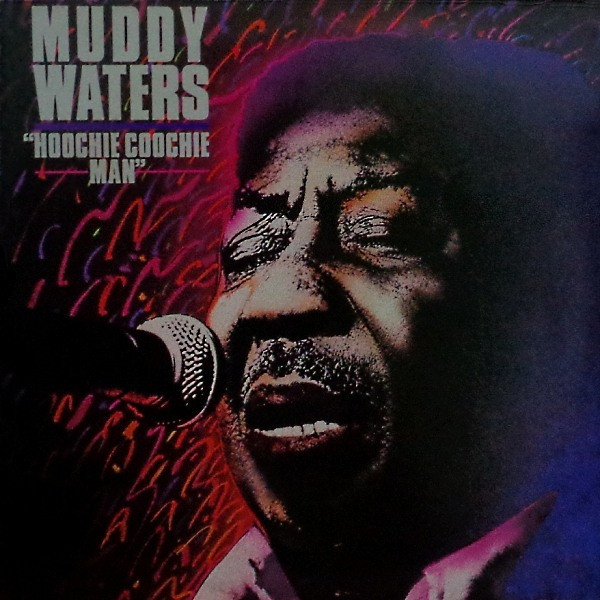 | Hoochie Coochie ManMuddy Waters |
Writer(s): Willie Dixon (see lyrics here) Recorded: January 7, 1954 First Charted: March 13, 1954 Peak: 3 RB, 3 DF (Click for codes to charts.) Sales (in millions): -- Airplay/Streaming (in millions): -- radio, 7.76 video, 30.54 streaming |
Awards:Click on award for more details. |
About the Song:Music historian Steve Sullivan called Muddy Waters “the mighty rock upon which the foundation of postwar Chicago blues was constructed.” SS Chicago blues was the term for “urban blues music that came about as southern blacks moved north to find work in the industrial heartland of America. Adapted from the more rural delta blues of the Mississippi, it was originally played on acoustic guitars with whatever accompaniment was available.” LW Waters was born McKinley Morganfield in the Mississippi Delta on April 4, 1913. He moved to Chicago in 1946 after being discovered by Alan Lomax and John Work while making field recordings for the Library of Congress. He started recording for Chess Records, which linked him to Willie Dixon, a top songwriter and session player for the label. Dixon came to Zanzibar, a Chicago club, to see Muddy play and pitched his song “Hoochie Coochie Man” to Waters. They ran it down together in the men’s room. It was the first of many Dixon songs recorded by Waters and became Waters’ “defining song.” SS It “built on Muddy’s already-established charisma to build him an even more powerful macho image.” BH The song “is raw sex, with no concessions to gentility.” LW The term “hoochie coochie” was a reference to “a belly dance that scandalized prurient Americans in the late 19th century.” BH It’s also blues slang for vagina. LW The song also conjured up “the powers of hoodoo magic” BH and was, as Muddy sang, a number to “make pretty women jump and shout.” BH The song was the biggest hit of Waters’ career, reaching #3 on the R&B chart, but “its influence on rock music in general is incalculable.” LW It has been widely covered by artists as diverse as Jimi Hendrix, Chuck Berry, and jazzy organist Jimmy Smith as well as multiple Chicago blues artists. BH Resources:
Related Links:First posted 9/10/2023. |








No comments:
Post a Comment